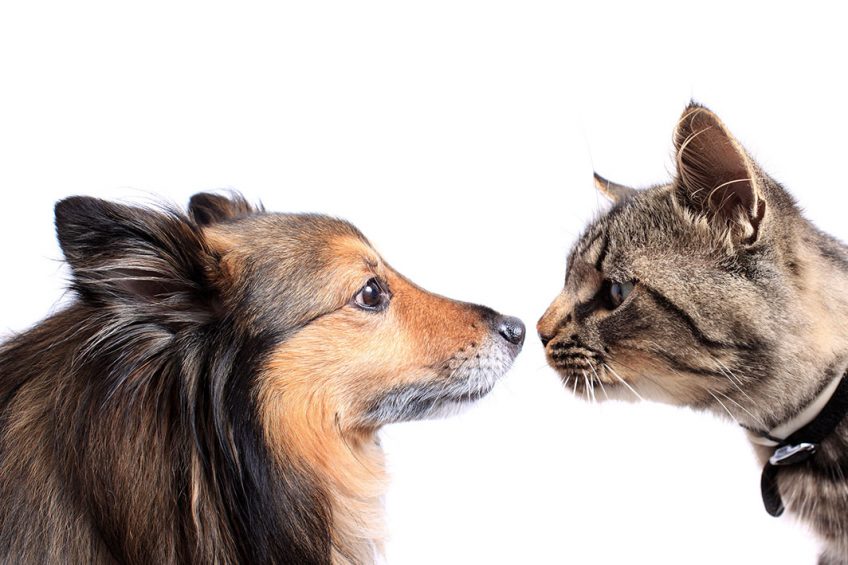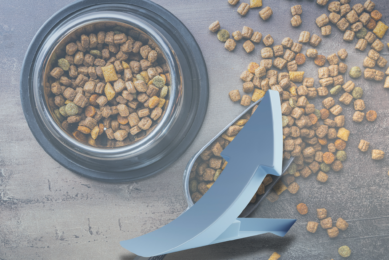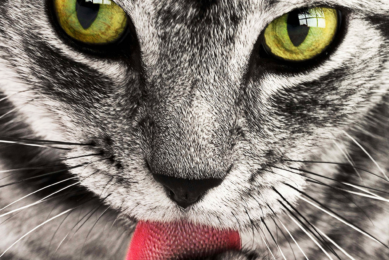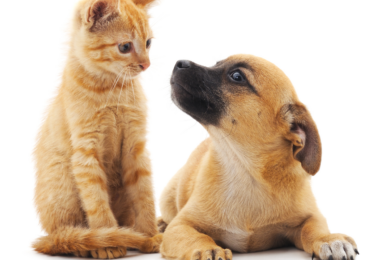Russia’s pet food sales on the rise

In the first 8 months of 2021, Russian pet food sales climbed by 8.3% compared to the same period the previous year to 103 billion roubles ($1.5 billion), Anastasia Timoshina, vice president of Mars Petcare, said, citing a research conducted by Nielsen.
In physical terms, the Russian pet food market stood at 445,000 tonnes, which was 5.5% higher compared to the same period of 2020, Timoshina reported.
The rise in demand for pet food accelerated in Russia in 2021, since last year sales were hampered by the lockdown introduced to slow down the spread of Covid-19, Timoshina said.
Number of pets in Russia
To some extent, sales are growing thanks to the expanding pet humanisation trend. It is estimated that 80% of cat owners and 52% of dog owners feed their pets with ready-to-use pet food, Timoshina said, adding that both figures tend to grow.
In addition, the number of pets in Russia is also on the rise. In total, there are 63.5 million cats and dogs in Russia now. This figure jumped by 12.1 million during the past 3 years, she added.
Expanding pet food capacities
The rising demand pushes market players to expand production capacities. Nestlé Purina PetCare has recently declared plans to invest 12 billion roubles ($150 million) in expanding production at its factory in the Vorsino industrial park in the Kaluga region.
The investments are called to increase the production of wet food for cats and dogs, as well as to expand the warehouse space for storing finished products. The project is slated to be completed by mid-2023.
In total, between 2020 and 2023, Nestle targets to invest 22 billion roubles ($290 million) in its Kaluga division. Together with another project being implemented in the Novosibirsk branch, the company’s investments campaign in Russia is valued at 32 billion ($420 million).
Doubts about the effectiveness of state control in the EU countries over the use of safe raw materials of animal origin…
Prospects of European imports remain vague
In the meantime, the Russian veterinary body Rosselhoznadzor again warned that the pet food imported from the EU is not subjected to proper control. During the past several years, Rosselhoznadzor restricted imports from several European countries, the US and Canada, and with new violations come to light, the prospects of soon import resumptions become questionable.
“The lack of information on the real composition of pet food and raw materials origin used raises reasonable concerns about the safety of such products, given the unfavourable epizootic situation in a number of EU countries with regard to infectious diseases of animals and birds,” Rosselhoznadzor said in a statement late September.
“Doubts about the effectiveness of state control in the EU countries over the use of safe raw materials of animal origin and the ways of their heat treatment in the production of pet food were confirmed during inspections carried out by Rosselkhoznadzor specialists in Belgium, Italy, Lithuania, Poland, France, and the Czech Republic,” the Russian veterinary agency added.











